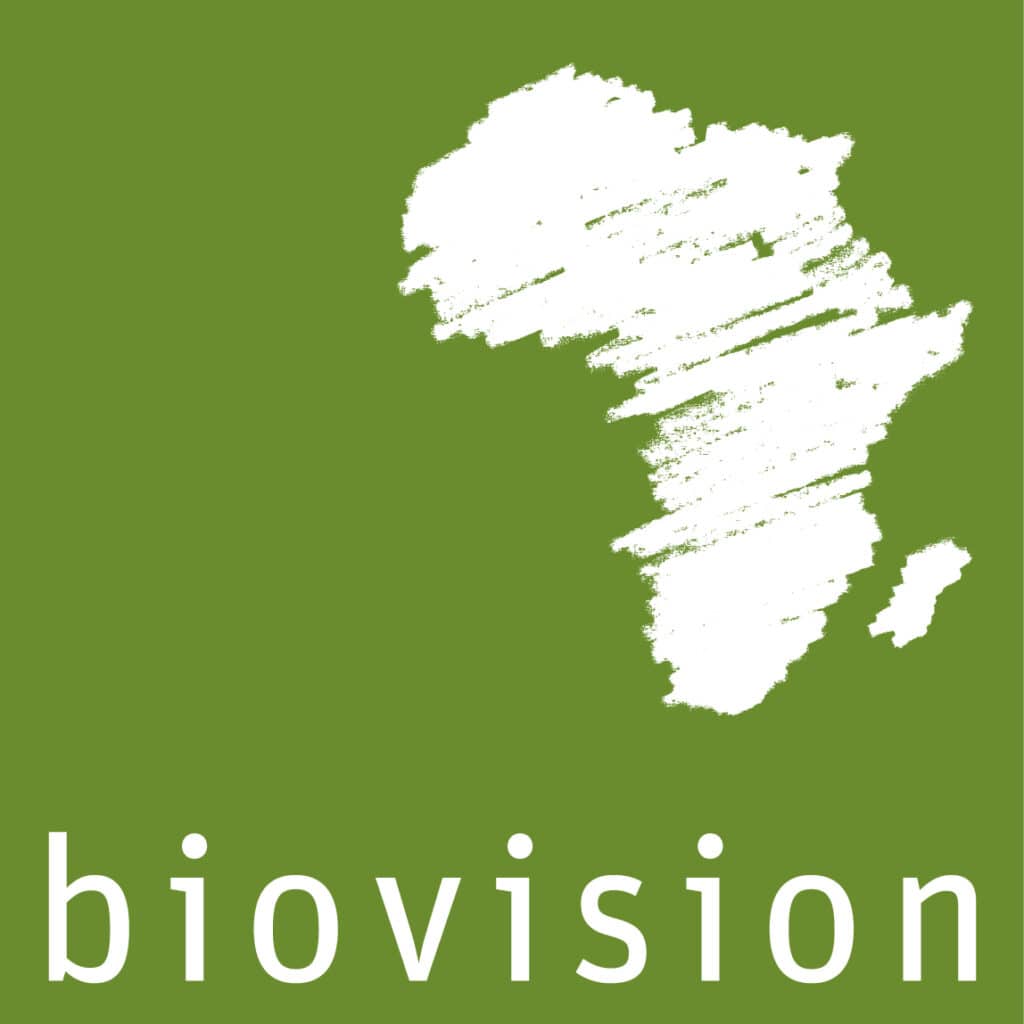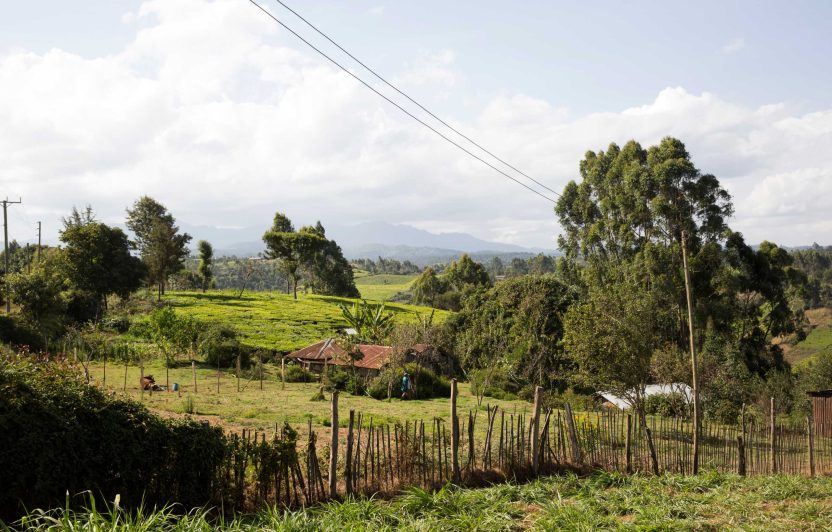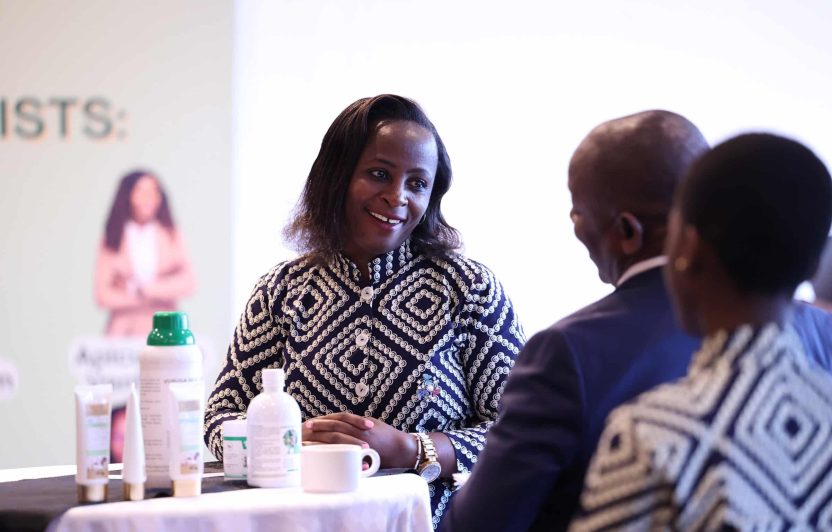Next Steps: Expanding Agroveg Practices
The project operates in key vegetable-growing areas in Kenya (Kiambu and Murang’a counties) and Tanzania (Arusha and Kilimanjaro regions), which face significant pest threats.
We work closely with 20 “Champion Farmers” who test innovative methods, such as a newly identified fungus (Trichoderma asperellum M2RT4) on their fields. This biopesticide effectively combats major diseases in amaranth and other vegetables. These farmers share their knowledge with others and receive support to access essential components like beneficial insects and biopesticides.
The project also trains stakeholders along the vegetable production value chain, including entrepreneurs and policymakers, in agroecological farming practices. Awareness is raised about the benefits and availability of biopesticides and resistant seed varieties.
For example, we aim to register and market a fungus (Metarhizium anisopliae ICIPE 30) that has proven highly effective against insect larvae and other pests affecting amaranth.
To facilitate stakeholder collaboration, an information and networking platform is being further developed to foster exchanges and build capacity across the sector.





